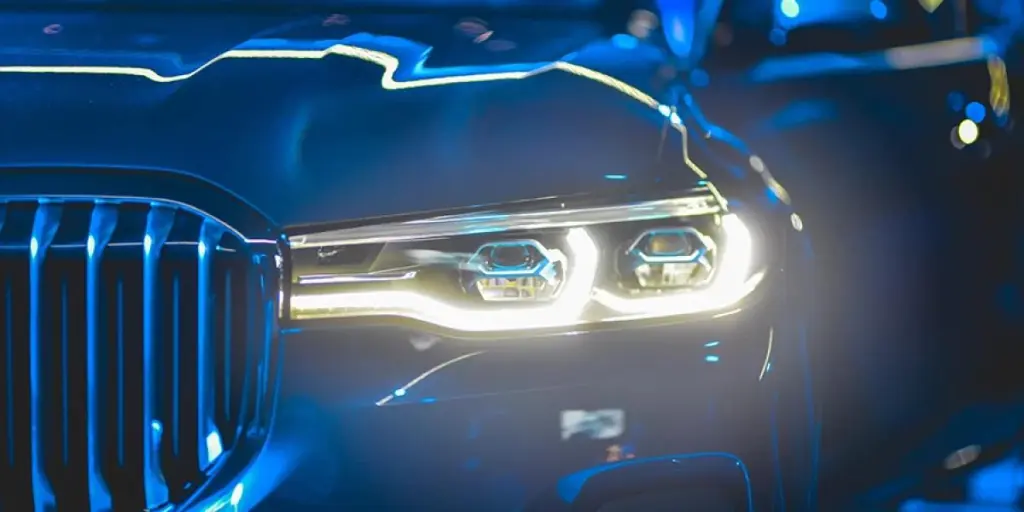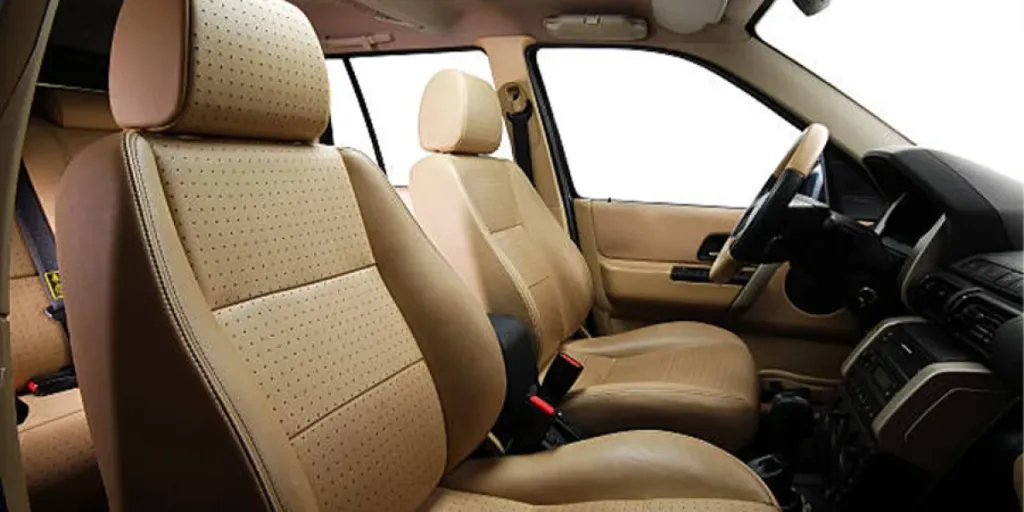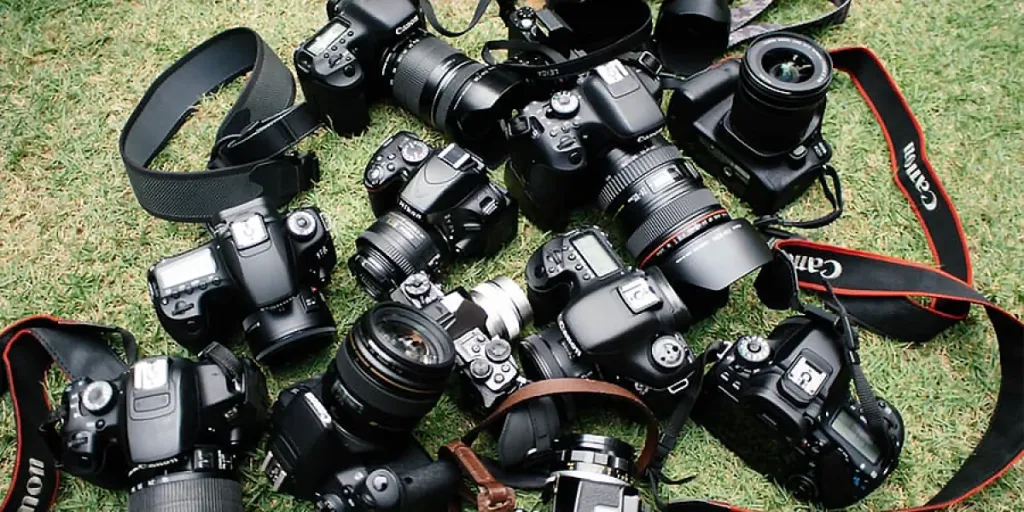BMW Group is building a Cell Recycling Competence Center (CRCC) for battery cells in Kirchroth, in the Straubing-Bogen district of Lower Bavaria, where it will implement a process referred to as direct recycling.
This procedure enables residual materials from battery cell production, as well as whole battery cells, to be dismantled mechanically into their valuable components. The recovered raw materials are then directly reused in pilot production of battery cells at the company’s own Battery Cell Competence Centers.
Battery cell raw materials—primarily lithium and cobalt, but also graphite, manganese, nickel and copper.—are among the main cost factors in cell production. Responsible use of these resources is essential from both environmental and economic perspectives. Unlike conventional methods, the main characteristic of direct recycling is that raw materials from battery cells are not reverted to their original state, but are instead fed back “directly” into the cell production cycle.
This method dispenses with the previously common energy-intensive chemical or thermal processing. The recycling method was developed by BMW Group experts at the Competence Centers in Munich and Parsdorf. At the new CRCC, it will be implemented on a larger scale and, once the processes are finalized, battery cell material in the mid-double-digit tonne range can be recycled per year.
The BMW Group consolidates its battery cell expertise at its Competence Centers in Munich and Parsdorf. The Battery Cell Competence Center (BCCC) in the north of Munich offers state-of-the-art labs and research facilities for developing the battery cells for next-generation high-voltage batteries and producing them in small quantities. The most promising battery cell from the BCCC will be scaled up for series processes on a pilot line at the Cell Manufacturing Competence Center (CMCC) in Parsdorf.
Once completed, recycling of surplus material from pilot production in Parsdorf will take place at the new Competence Center in Kirchroth. The recovered raw materials will then be reused in cell production in Parsdorf. This ensures short distances between all Competence Centers and prevents valuable raw materials from being lost. Following on from the BCCC and CMCC, the CRCC thus represents the next step in the BMW Group’s battery cell strategy on the road to the circular economy.
The new CRCC, spanning an area of 2,200 m², will be integrated into the expansion of an existing building in the Kirchroth-Nord industrial park, near Straubing. Electrical energy from the discharged cells will be captured in energy storage systems within the building and used to operate the recycling systems. The energy concept will be rounded out by photovoltaic systems installed on the roof of the building.
While the intellectual property for the recycling method is fully owned by the BMW Group, the Competence Center will be built and operated by Encory GmbH. As a joint venture of the BMW Group and Interzero Group, Encory develops and implements logistics and consulting solutions in areas such as collection, recycling, and remanufacturing of vehicle components. Both partners hold a 50% stake in the company. Around 20 people will be employed in the new Competence Center.
Source from Green Car Congress
Disclaimer: The information set forth above is provided by greencarcongress.com independently of Chovm.com. Chovm.com makes no representation and warranties as to the quality and reliability of the seller and products. Chovm.com expressly disclaims any liability for breaches pertaining to the copyright of content.




